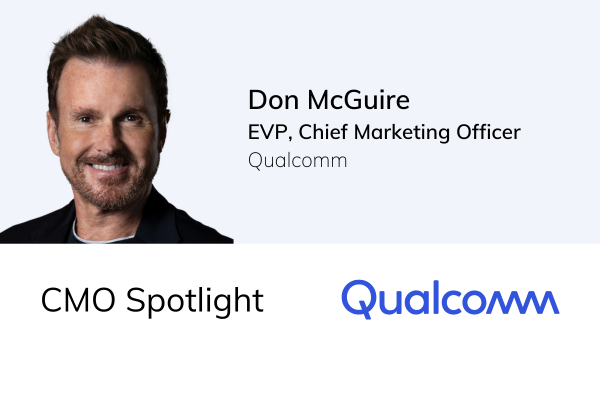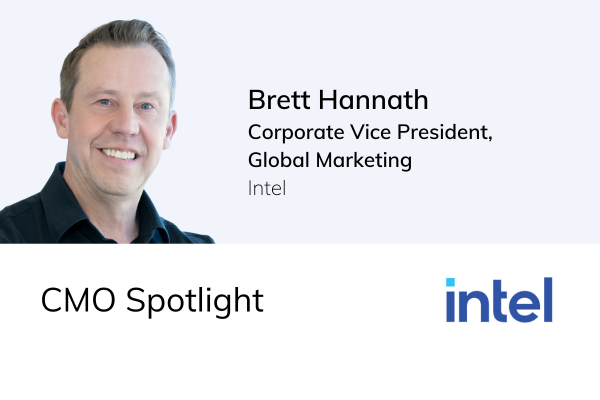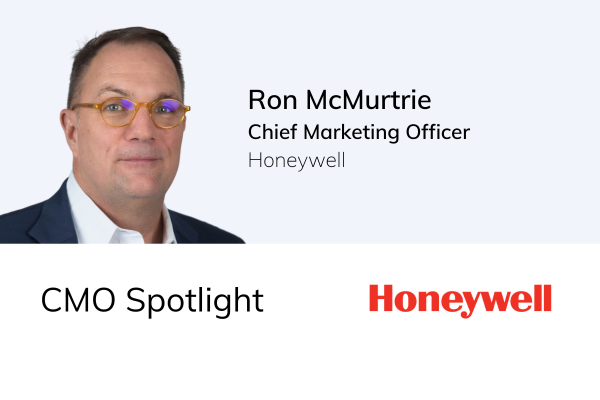CMO Spotlight | Michael Minter - DC Marketing for Boardriders
The CMO Spotlight is a chance to get an inside look into the minds and journeys of high performing marketing leaders.
Setup CEO Joe Koufman virtually sat down with Michael Minter, the Global Head of Marketing at DC Marketing for Boardriders. The full conversation includes how his upbringing overseas led to him being an objective “anthropologist” for brands, his love for disrupting the ad industry, and view on mentoring his team to focus on strengths as opposed to weaknesses.
WATCH THE FULL INTERVIEW AND READ THE RECAP BELOW.
Q1 | Tell us about your career path.
“I mean, I've been a creative my whole life,” Minter shared. Even growing up in a remote jungle tribe in Papua New Guinea, he was interested in creativity.
He’s done work for identity systems at shopping centers and companies like Pfizer Pharmaceuticals, which he hated until he met the founder of Sanuk. Taking a 50% pay cut for a challenging opportunity, he built the brand holistically “from designing the shoes, to photographing the shoes, to creating the campaigns for the shoes, to standing on the factory floor and developing the shoes so to speak, and just understanding the whole widget.”
Though his current title is a Global Head, he is still heavily involved with managing and aligning the creative of DC Marketing with the overall strategy. Minter mentioned that, although he didn’t grow up as a skateboarder, his background has given him a unique perspective and advantage as an “objective anthropologist or outsider.”
“I’ve worked with a lot of different groups in my career, which I love, but skateboarding is very interesting and unique. It’s arguably the last true subculture in this world.”
“My focus was to help get this brand sort of back on track both strategically and then in terms of cultural relevance. So my job is sort of to do the anthropology needed to get the brand aligned around the North Star - like what are we about, where are we going, how does that - how can that be modernized for current reality.”
Q2 | What is your superpower?
Although Minter’s power is creativity and linking that creative to strategy throughout the business, everything he does is fully rooted in his curiosity to learn and know the “why” behind things.
Q3 | Is there a piece of advice that you would like to pass onto other marketers?
“Play to your strengths,” Minter advised. “Figure out what everyone's sort of special skills are, where they're passionate, and how you leverage that.” He mentioned how he could not disagree more with a former boss who focused on improving weaknesses instead of tripling down on strengths. “No reason to turn a center into a point guard if you don't have to.”
Q4 | What challenges do you face in your role?
Minter mentioned two obstacles standing in his industry’s way.
As a creative, sticking with what you know works well and never innovating, leading to staleness.
“When you're putting a dollar into that slot machine and it's giving you five dollars back, it is really difficult to not make that an addiction and to let it control all your marketing, all your decisions, all your budgets. There's sort of an atrophy to thinking - sort of like tactically innovating and thinking about how to create gravity for your brand because it just gets so easy to just go dollar in, three dollars out.”
Ads and messaging becoming homogeneous and less disruptive because of the current culture.
“I miss the days when you wanted your spread ad in a magazine to just be disruptive and stand out against every other ad.”
Q5 | What are the most important values that you demonstrate as a leader, or that you may even demand from people on your team?
As a mentor, Minter leads by putting himself in his team’s shoes to see where they are, and then asking them to see how their role plays into the big picture.
“What I find helpful is to get them to play like they’re the CEO. If you can really think about where your piece fits into the bigger picture, it takes on a whole different context.”
He also asks for vulnerability from his team. Sharing creative is a vulnerable ask. It is bound to be torn apart and restructured, but it is much easier to tear someone else’s work apart than the other way around. “I always have a policy with every team I ever manage or lead and that is: you don't get to [ __ ] on someone else's idea unless you're willing to be vulnerable with one of your own. I think the vulnerability is where the magic is.” Creating an environment where ideas are embraced, even if they are bad, will lead to fostering better ideas since it leads to the team being more comfortable.
Other highlights include his outlook on the risk of hiring external agencies to get the brand message “right,” turning the dial and promoting marketing internally to prove marketing’s value to C-Suite, and the challenges of continually innovating in a creative field.
For more marketing leadership advice and a view into building a brand’s culture from scratch, check out the full interview with Michael Minter, and keep an eye out for more thought leadership from our CMO Spotlights.













Setup CEO + Founder, Joe Koufman, sat down with Gabie Boko, the Chief Marketing Officer for NetApp, to talk about staying consumer focused, being bold, and loving the LEGO brand.